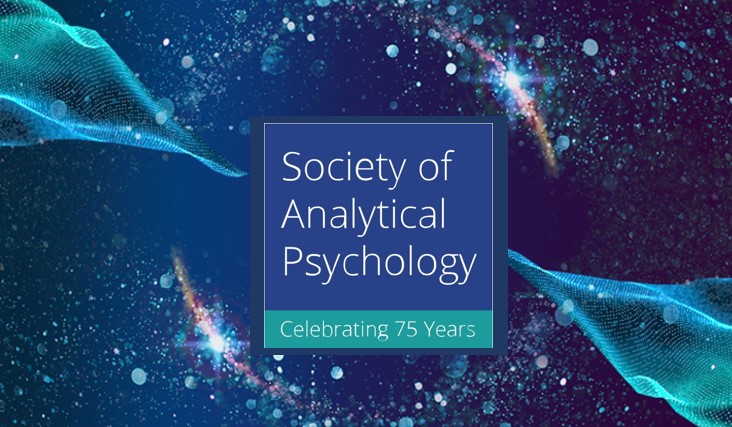Infant Observation provides a valuable foundation for those engaged, or wishing to engage in analytic work. It offers a singular experience of learning about infancy and infant development through direct observations of an infant in relation to family members, especially the mother, within the context of normal family life. All analytic work depends upon the capacities for observation, containment of one’s own responses, and the processing of, and reflection upon primitive emotional experience. Infant Observation provides an excellent means through which to develop these skills.
Understanding infancy and infant emotions occurs within a group of four to six observers, who discuss their observations with an analyst who is experienced in early development and this particular method of learning. Participants make weekly observations of an infant in the course of daily life and family relationships. The observer then presents the observation notes to the group, where there is opportunity to discuss observations informally and in depth. Each observation is expected to last two years, that is, from as close to birth as is possible, until the child acquires autonomy and the capacity to express him or herself through language, play and other symbolic forms.
There are several Infant Observation groups available through the SAP, which meet for an hour-and-a half, usually in the evening, in various locations (currently in both London and Cambridge). Fees are worked out with the seminar leader but range between £220 – £260 per term. Applicants should be prepared to commit themselves to a half day a week, which includes the weekly seminar, hour-long observations in the baby’s home, and writing up notes. Applicants must be in therapy or analysis with a member of the SAP or the BPC. Participants need to provide a current DBS check. A final paper of 4-6,000 is optional.


